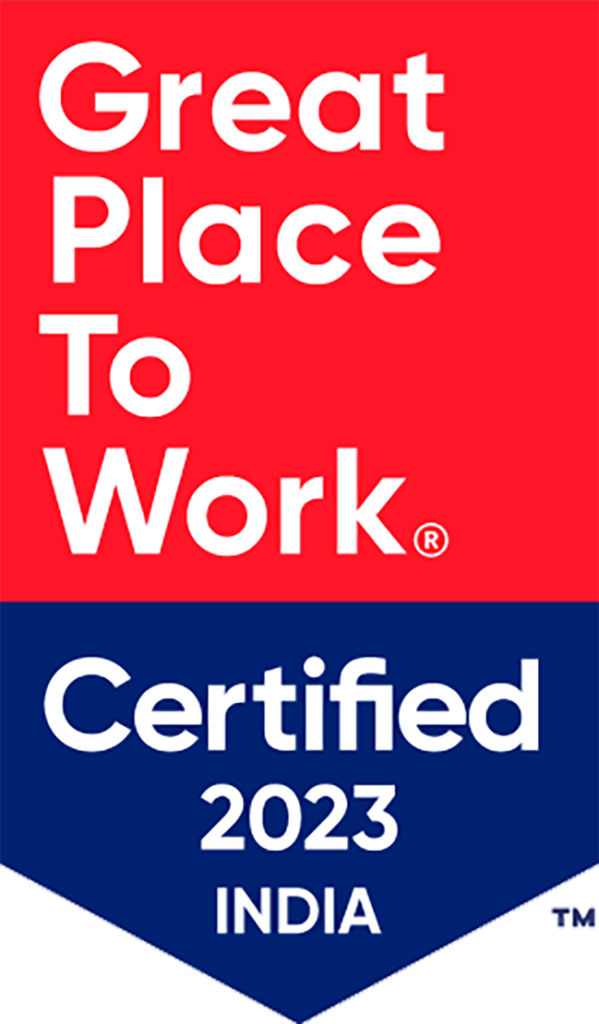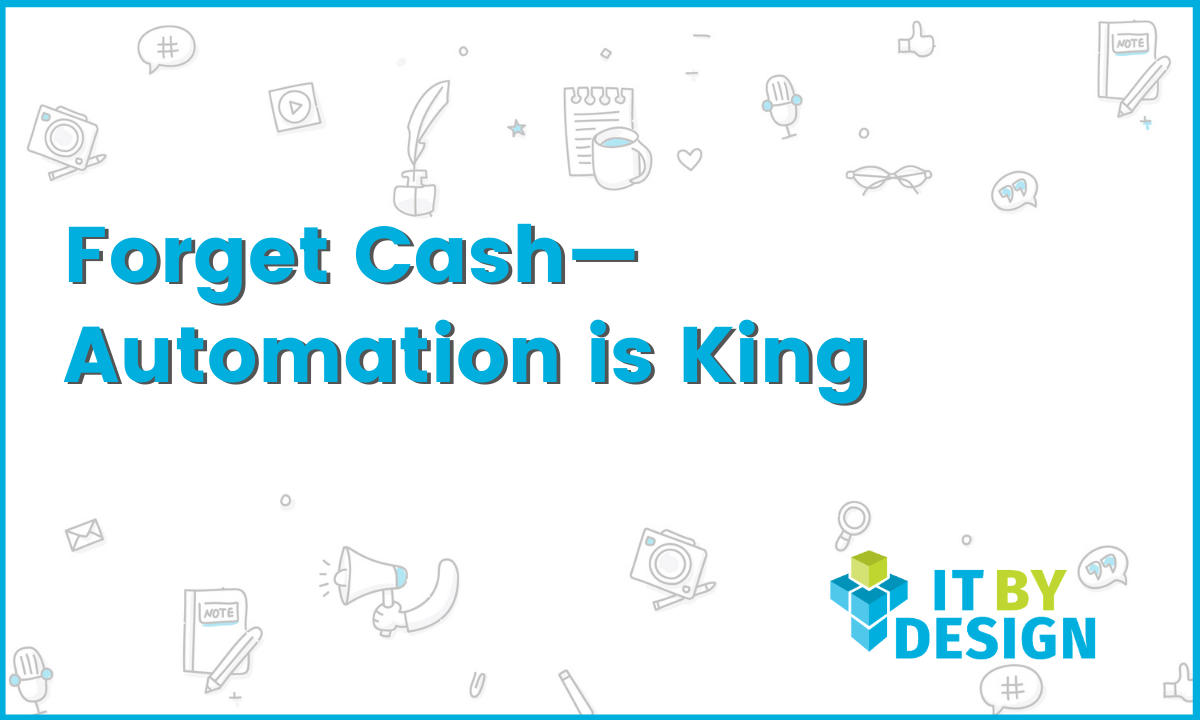The secret to MSP profitability is hidden in plain sight. Automation—typically defined as using technology to handle repetitive tasks—can be the game-changer an MSP is looking for to scale and grow exponentially. If you are struggling with customer feedback about slow service, your team is overwhelmed by the “must-do” tasks, or you can’t onboard new customers without hiring more people, automation can be the answer.
We’ve all heard the adage “time is money,” and it couldn’t be more true for MSPs. Automation shifts your MSP to a more productive, efficient, and profitable business—giving your team time for innovation, customer service, and fostering the type of client partnerships that drive client retention.
Where Can Automation Make an Impact
For MSPs, automation is traditionally about reducing the time your techs invest in routine, repetitive tasks. Once in place, it frees up resources for more profitable projects, speeds up customer support, cuts your costs, and supports SLAs across the board. Examples include monitoring, ticket management, patching, software updates, backups, reports, and more. But it can also mean outsourcing support or admin tasks to specialty partners that use economies of scale to deliver better service at a lower cost than you can manage internally.
Outsourcing is the New Automation
Let’s look at the goals of automation: Eliminate time-consuming, repetitive, labor-intensive IT tasks to free up employees to focus on strategic activities. With an ongoing shortage of expert engineering talent in the IT space and SMBs playing tug of war with larger companies for the available talent, more MSPs are turning to outsourcing. Partnering with NOC, Helpdesk, SOC, and even RMM admin providers can provide the type of efficiency and cost savings associated with automation.
Just as automation tools create more value with less human cost, so do these outsourced talent solutions. Both options are intended to take manual, redundant, and time-consuming tasks and lower the cost to execute them—often at a more expert level. An MSP choosing outsourced NOC or helpdesk can provide the same—perhaps even better—response times, access to experienced engineers, and standardized processes that reassure customers. Plus, those services can scale rapidly in case of a security breach or natural disaster that impacts a large swath of your customer base or even your own business—providing a reassuring level of business continuity. Imagine where you could reallocate resources if you didn’t have to man a 24x7x365 NOC or SOC—and what that improved utilization could deliver to your bottom line. For some MSPs, pushing support services to an outsourced partner can allow them to more quickly ramp up new technologies or add a new core competency by realigning engineer staff.
What to Know Before You Outsource
As with any solution, MSPs should carefully vet a potential outsourced services partner, in particular about security, compliance, resource management, onboarding, and reporting/reviews. Any reputable services provider should have a comprehensive overview that details exactly what happens once you sign an agreement. Questions to ask include:
Outsourced NOCs
- Does the NOC work in limited tiers or is it full incident management?
- Does the NOC sign BAAs?
- What does the onboarding process entail?
- How often will the NOC share business reviews and reporting, allowing for adjustments and updates as needed
- What is the NOC escalation path?
Outsourced HelpDesk
- Does the helpdesk conduct CSATs and share results?
- How does the helpdesk measure first-call resolution?
- Does the helpdesk answer the phone live?
- Are the helpdesk SLAs customizable?
- Is the helpdesk ITIL-certified?
Outsourced SOC
- How much of the threat surface will be covered?
- How often will the provider test threat detection?
- What is the SOC incident response plan—and where does your team fit in?
- What is the detection and response strategy for on-premise and cloud differ?
As the competitive MSP market continues to contract, automation that allows for rapid scale with healthy margins and less headcount can become a differentiator for your MSP. But don’t limit your strategy to only tools and technology. Consider the impact—often highly customizable—that an outsourced support partner can have on your growth trajectory and your business continuity.
Learn more: Download our comprehensive white paper about selecting the right NOC partner







